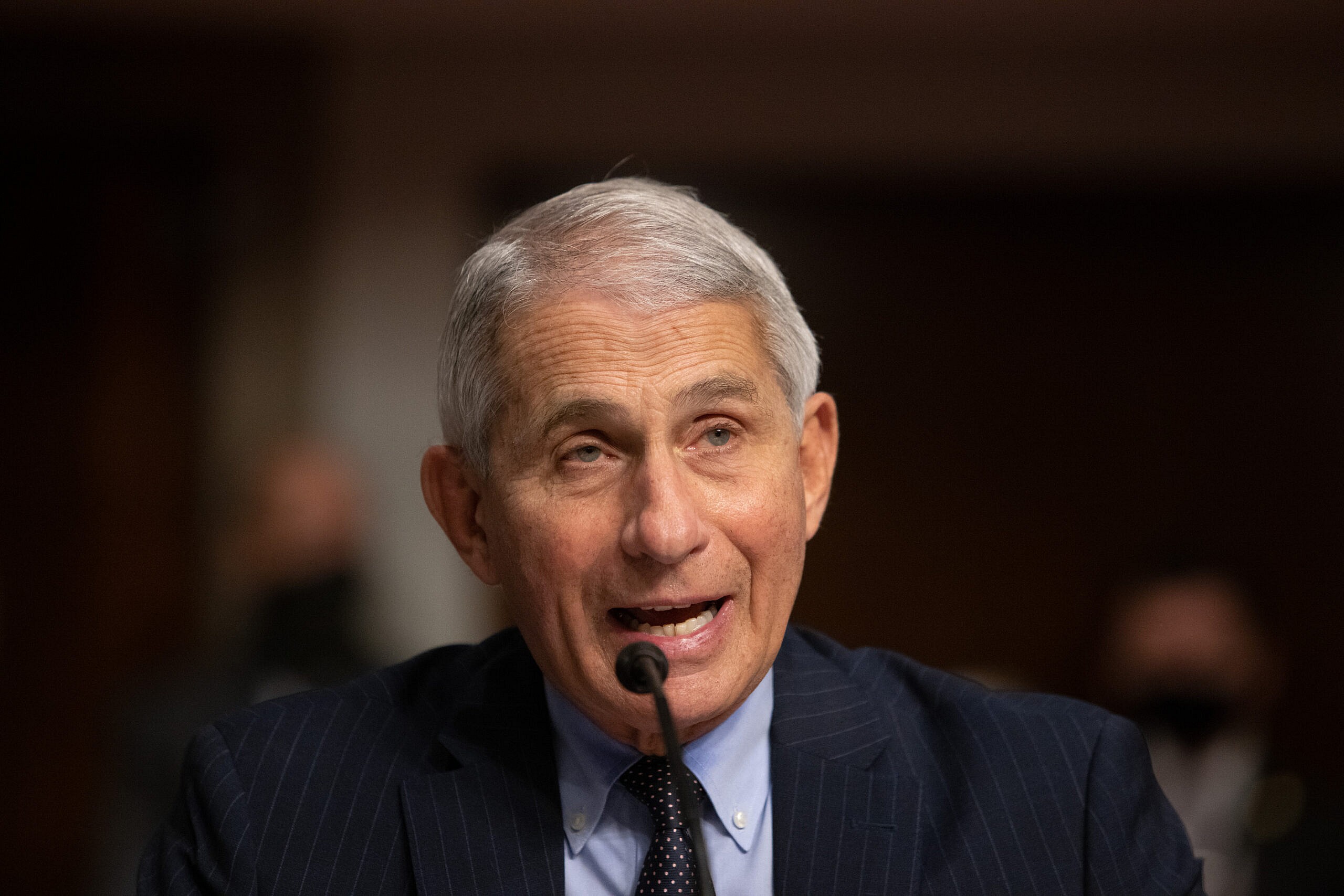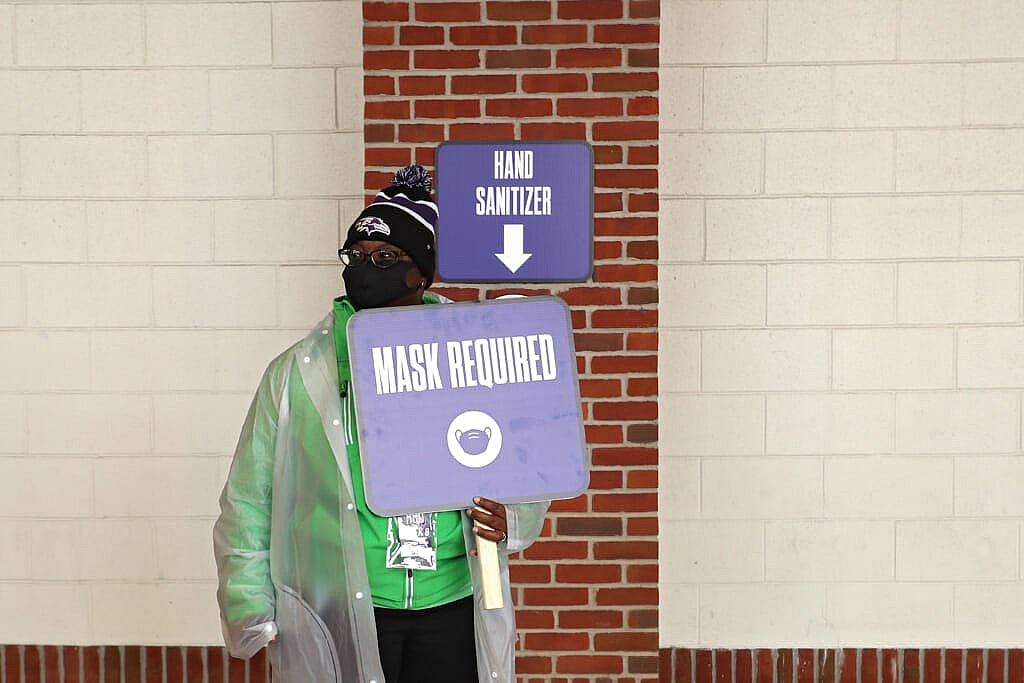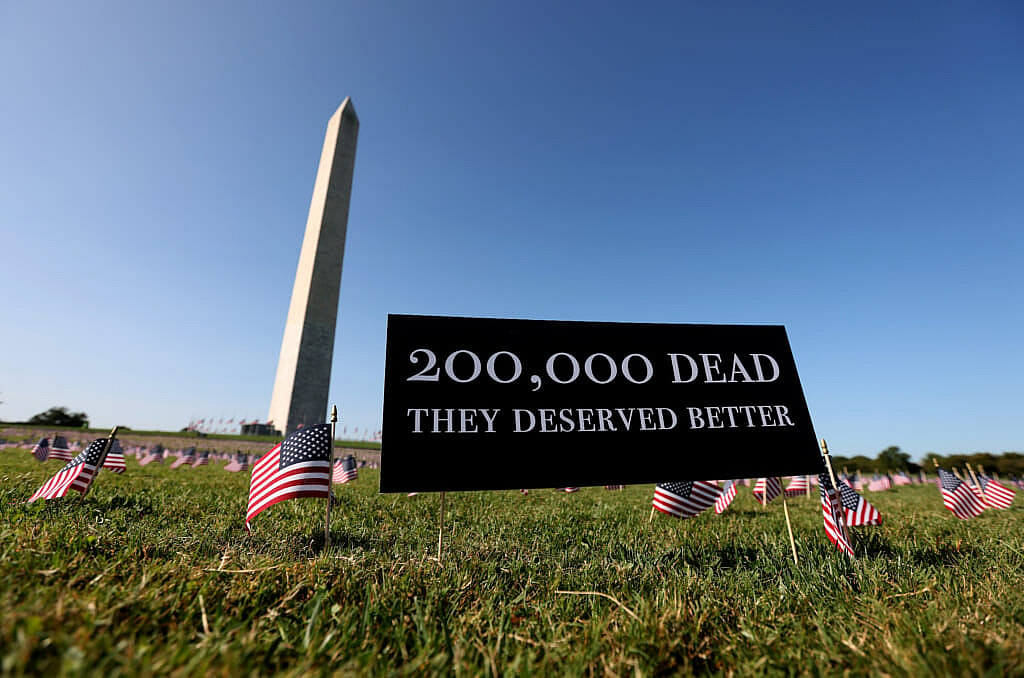Dr. Anthony Fauci, the director of the National Institute of Allergy and Infectious Diseases (NIAID) is one of the leading immunologists in the world, serving in the role at the NIH institute since 1984.
Dr. Fauci has become a voice of careful reasoning amid the calamity of the Trump administration’s handling of the novel coronavirus, and theGrio spoke exclusively with him to discuss the pandemic outlooks, necessary steps to curtail the coronavirus spikes, and much more.
Fauci, a native of Brooklyn, N.Y., has served as a public health official for much of his adult life and continues to display zeal in explaining the myriad levels of infectious diseases and how modern society should best contain them.
Read More: Fauci: Trump hasn’t attended virus meeting in months, would ‘be better’ to work with Biden

When asked where the nation sits in regards to our handling of the pandemic and how best to move forward, Fauci did not mince words
“Well, we’re in a very precarious situation in that if you look at the slope, the trajectory of the curve that’s gone up now in what I would consider the third surge that we’ve had – the first one, as you remember, was in the very early spring in the northeastern part of the country, dominated by the New York metropolitan area,” Fauci told theGrio.
“That came down a bit. And then when we try to reopen the country, reopen the economy in the early summer, we had another slope that went up and brought a baseline of infections to a high level. And now we’re having a very steep surge up as we get into the colder months of the fall and the winter to the point where records are being broken.”
Read More: Dr. Fauci says virus vaccine could be available for all Americans by April
For the first time since May, the United States reported 2,000 deaths in a day from COVID-19 complications as a result of the coronavirus, which Fauci made note of during the chat. He went on to explain that the record number of deaths are indeed staggering but believes Americans and others suffering from the conditions globally can reverse course if everyone invests in simple strategies.

“We’ve had a quarter of a million deaths total, a bit more, more than 12 million cases approaching [and]13 million cases [with] more than 80,000 hospitalizations. That’s a bad situation to be in. We know, though, that it is not a hopeless situation,” Fauci added.
“We know that when you implement fundamental public health measures, like wearing masks, uniformly keeping distance, avoiding crowds in congregate settings, particularly indoor washing hands frequently, that you can get that curve to flatten out and start coming down.
“Because we know we’ve seen locations internationally and nationally, certain towns, certain cities that have done that, that you do see that you can have an impact on that in the context of all of this really serious challenge on the very near horizon of vaccines,” Fauci continued.
Read More: Thanksgiving could make or break US coronavirus response
A quick look at the Clinical Trials website reveals that over 4,000 studies are being conducted regarding the coronavirus and there has been a number of breakthroughs as noted by the effectiveness of three vaccines that have dominated headlines in the past weeks, offering some measure of hope for the public itching to get back to normalcy.
Fauci explained further that the announcement of the vaccines from Moderna, Pfizer, Oxford-Astrazeneca and their promising results are proving to be “highly efficacious in preventing clinical infection,” adding cautiously, “if we’re going to do anything with this surge that we’re in, let it be an incentive for us to pay attention to the public health messaging because help is on the way. I’m convinced if we do it right, we can do it. But what’s going on right now is really very serious.”

Dr. Fauci’s hopeful messages juxtaposed against the grim warnings of what could happen if simple protocols and basic public health measures aren’t observed were supplemented by a somewhat hopeful message and directive as well, all while being careful not to compare America’s unique situation to that of other nations — namely Taiwan, Singapore and New Zealand – that have flattened the curve.
“There’s so many advantages to having the United States of America, where each individual state, according to the federalist philosophy, can have a certain degree of independence. But when you’re dealing with an outbreak that involves the entire country, it’s better if you have some uniformity in your response so that the country as a whole can go in the right direction,” Fauci replied to a question of a best practices approach.
“New Zealand did it correctly, but it was correct for them. We’re not New Zealand. We’re not a small island with a few people. We have a very large country that’s diverse demographically, geographically, weather wise.”

“We’re dealing with a public health issue and the enemy is the virus. The enemy is not the person who is either wearing or not wearing a mask. The enemy is the virus,” Fauci said, hammering home the point that ideological and political differences should not cloud the fact that this virus has and will continue to levy damage to the public if collaboration and common sense isn’t applied.
Fauci shared the numbers from reported data that African American and Latino patients infected by coronavirus are impacted by several socioeconomic factors far worse in comparison to that of white patients when it comes to treatment and recovery, calling the public health outlook for those underserved groups “shameful” in so many words.
However, he was clear in stating that a timeline for a widespread vaccine for all Americans would be impossible to ascertain but has faith that leaders and other officials will lead the charge properly.
theGrio’s full interview with Dr. Anthony Fauci will run at 9 a.m. on Saturday on theGrio’s Facebook, YouTube and OTT.
Have you subscribed to theGrio’s podcast “Dear Culture”? Download our newest episodes now!
TheGrio is now on Apple TV, Amazon Fire, and Roku. Download theGrio today!

